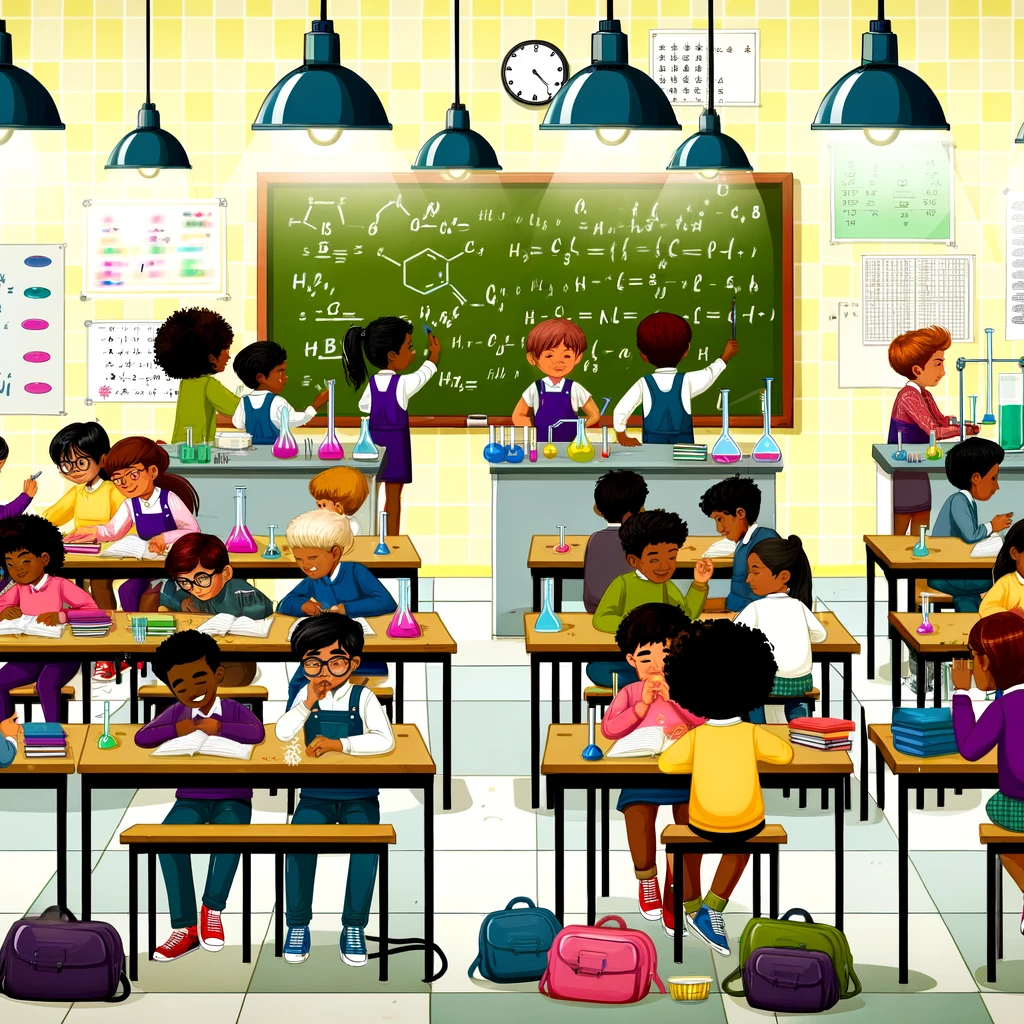Related Articles











In today's rapidly evolving world, the traditional approach to education—relying solely on textbooks and classroom lectures—is being re-evaluated. Academics and educators are increasingly advocating for the integration of practical experiences into the educational curriculum. This shift not only enriches the learning process but also prepares students to meet real-world demands with confidence.
Practical experience in education serves as a bridge between theoretical knowledge and real-world application. It enhances a student's learning by providing opportunities to apply what they've learned in a tangible way. This experiential learning approach can lead to deeper understanding and retention of knowledge. It also cultivates critical thinking, problem-solving, and decision-making skills, which are essential for any professional setting.
While theoretical knowledge forms the foundation of education, it is the practical application that brings this knowledge to life. For instance, a student learning about chemical reactions in a textbook might understand the concept in theory, but conducting an actual experiment in a lab allows them to witness the process firsthand, thereby solidifying their understanding.
Incorporating practical experiences into study offers numerous benefits:
To effectively incorporate practical experiences into study, educators can consider the following strategies:
Internships and apprenticeships provide students with valuable industry exposure and practical experience. These programs allow students to work alongside professionals, gaining insights into their chosen fields and building a network of professional contacts.
Project-based learning involves students working on real-world projects over an extended period. This approach promotes active exploration of real-world challenges, encouraging students to apply their knowledge creatively and collaboratively.
Simulations and role-playing exercises offer students a safe environment to practice skills and make decisions without the risks associated with real-life consequences. These methods are particularly effective in fields such as medicine, business, and law.
While the benefits of practical experiences are clear, integrating them into the curriculum can present challenges. Schools and universities may face resource constraints, including the availability of facilities and qualified instructors. Additionally, there is a need to balance practical experiences with theoretical learning to ensure a comprehensive education.
Despite these challenges, the integration of practical experiences is a crucial step toward a more holistic approach to education. By providing students with opportunities to apply their knowledge in real-world contexts, educators can better prepare them for the demands of the modern world.
Incorporating practical experiences into study is not merely an educational trend; it is a necessary evolution of the learning process. As the world continues to change, so too must our approaches to education. By moving beyond the books and embracing practical experiences, we can equip students with the skills and confidence they need to succeed in an ever-changing landscape.